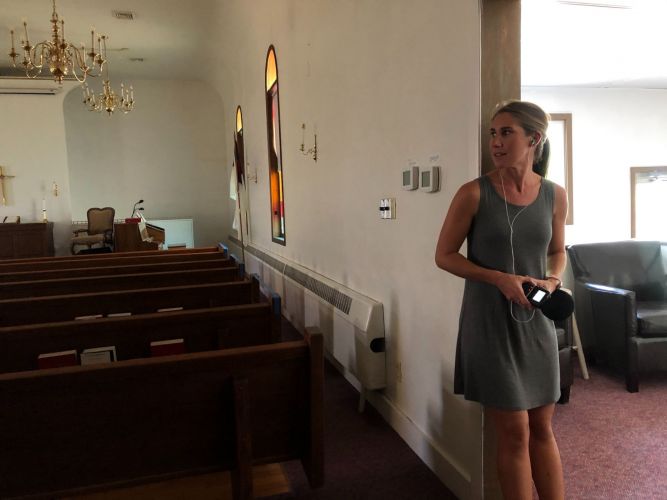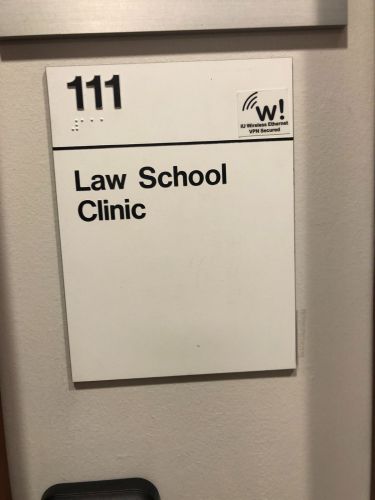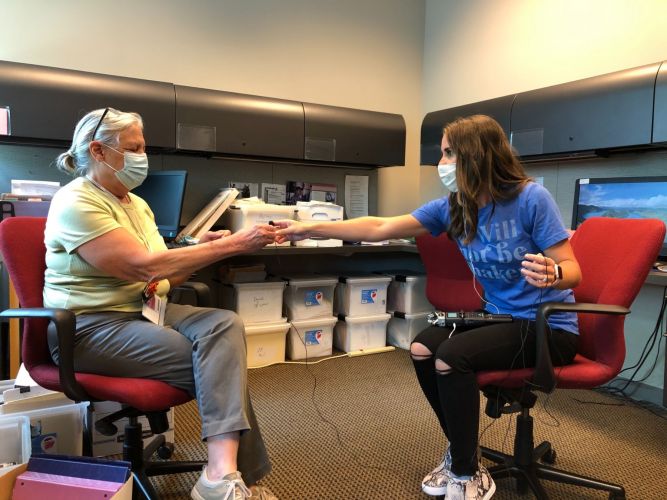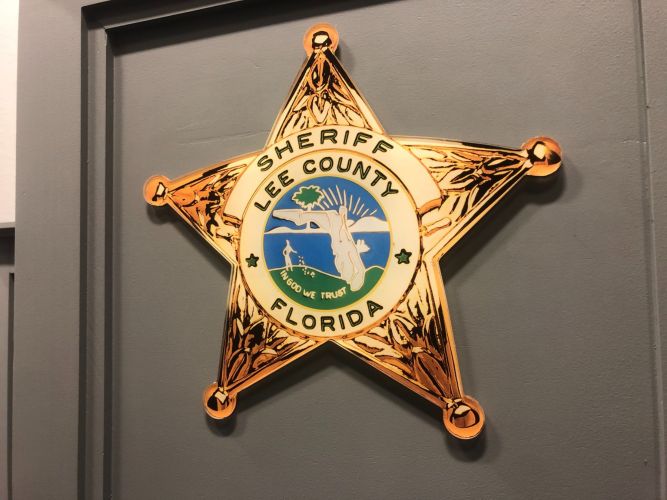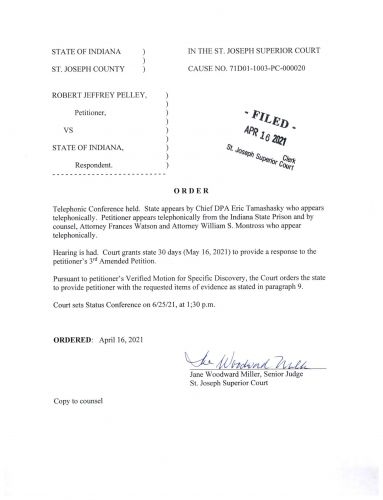Delia realizes the potential significance of the Pelley’s .22 revolver much to the surprise of Jeff’s defense attorney. The investigation into Eric Dawson’s murder takes a surprising turn and puts Delia in the same room with investigators. Listeners can help push the case forward in a special finale call out.
LEE COUNTY SHERIFF’S OFFICE CONTACT
PHONE
Public Information Office: (239) 477-1340
General: (239) 477-1000
PIO general: PublicInformationOffice@sheriffleefl.org
Sergeant Marsha Sutphin: msutphin@sheriffleefl.org


